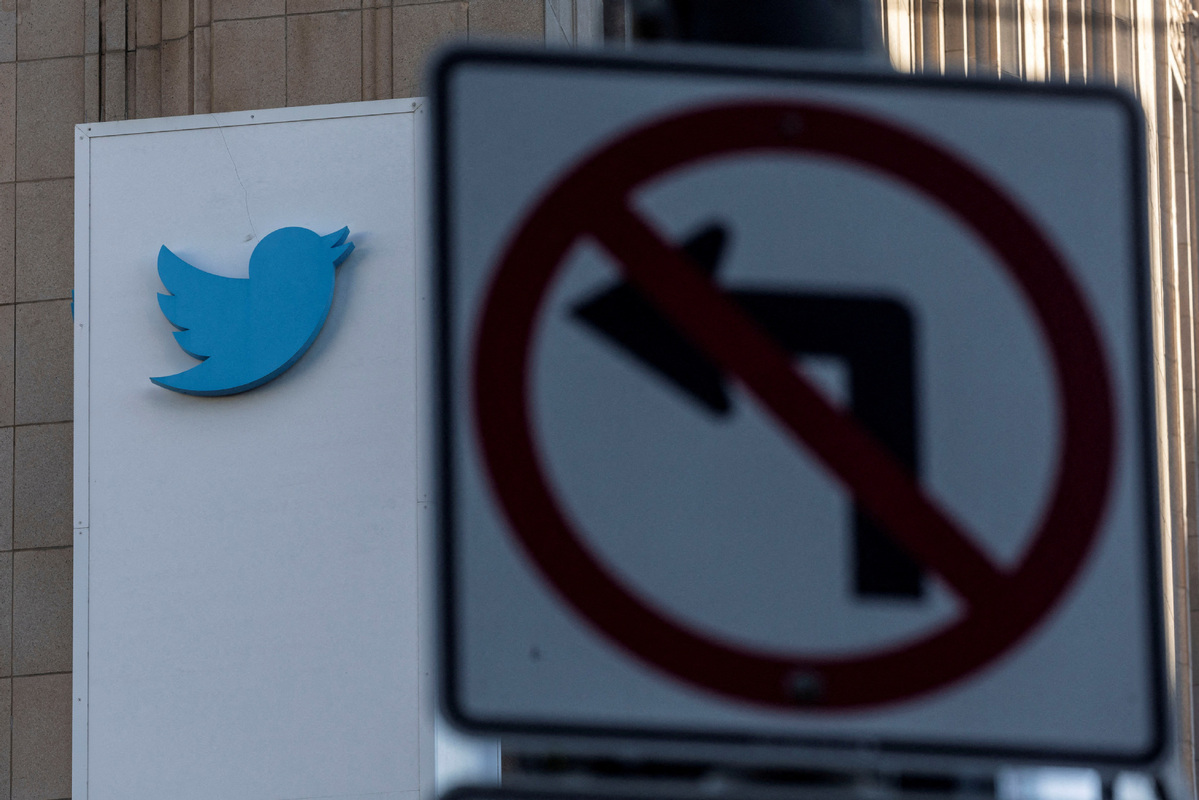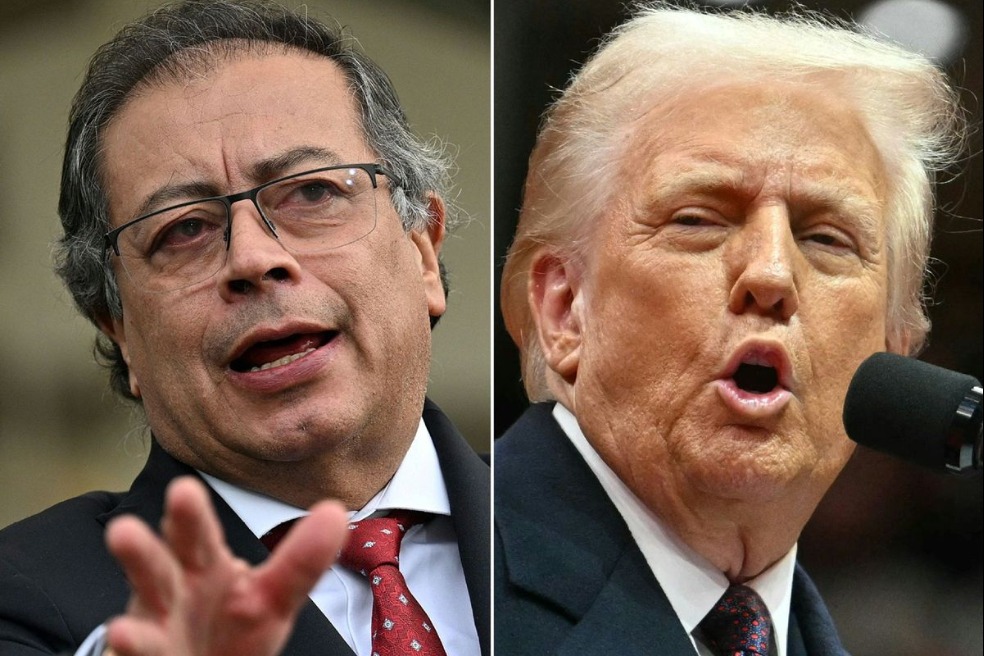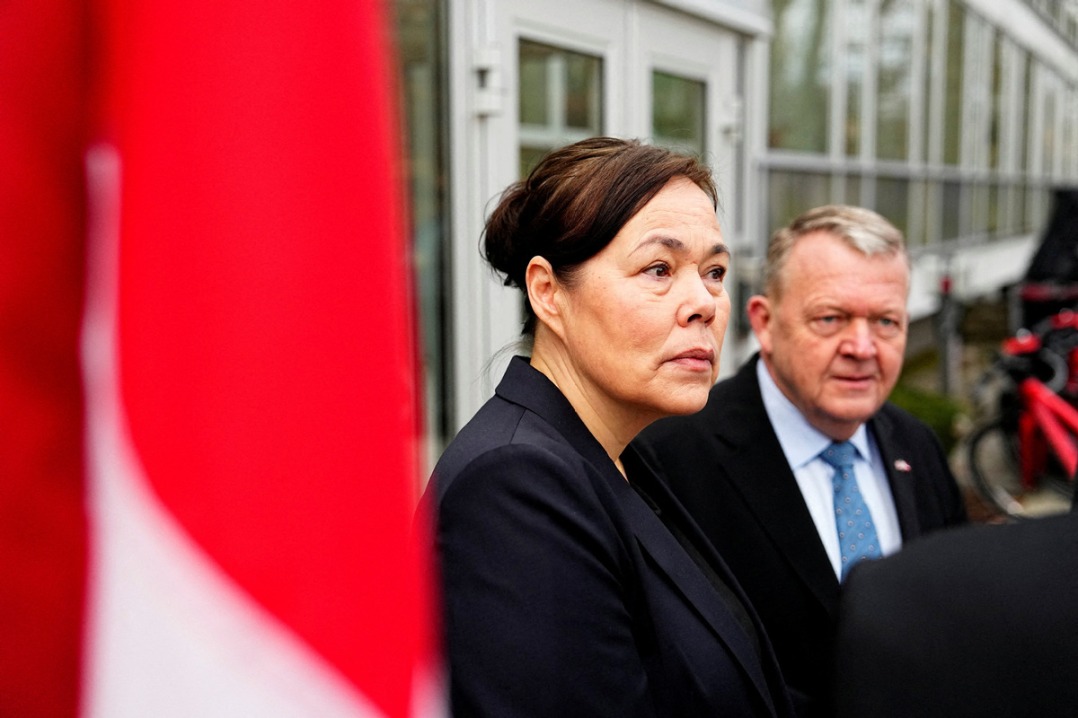French regulator challenges Twitter on safety


In what could be the first of many legal challenges faced by Twitter in Europe since its takeover by business magnate Elon Musk, the French regulatory authority, Arcom, has asked the social networking giant to ensure it can meet its obligations around online safety and to "guarantee transparent information".
Immediately after Musk acquired Twitter last month it ruthlessly slashed its workforce by dismissing half of its employees and terminating agreements with thousands of contract workers.
"Arcom would like to express its deep concern about the direct consequences of such decisions on Twitter's ability to maintain a safe environment for its users," said Arcom president Roch-Olivier Maistre in a letter to Twitter, published in a statement from the regulator.
In the wake of its takeover and firing of staff who worked on digital safety, privacy and regulation, the tech company can expect a deluge of legal challenges across the European Union, reported the Politico news website.
It said that the sackings raise concerns about potential security risks and a possible increase in online trolls.
Thierry Breton, the EU Commissioner for the Internal Market, warned Musk on Twitter last month, saying, "In Europe, the bird will fly by our rules", in response to Musk's previous "bird is freed" tweet.
Issues regarding democratic debate and public safety must immediately be addressed the French regulator said, noting that Twitter is a widely used online platform in France.
The statement added that Twitter has a "duty of cooperation "toward Arcom, and that the company must tackle the manipulation of information within the framework of law established in 2018, reported the Reuters news agency.
Arcom has given Twitter a deadline of Nov 24 to respond to its written requests to confirm that "it is able to face its legal obligations, in particular to ensure the effective moderation of illegal or harmful content and practices while guaranteeing respect for users' rights, including their freedom of expression".
Under current EU rules, companies can be fined up to 4 percent of their annual global revenue for failing to keep personal information safe.
New EU powers in the pipeline will allow separate fines of up to 6 percent of a company's yearly revenue if it does not take down illegal content, and the bloc has the right to ban a platform from operating in the EU after repeated serious violations.
EU and national government officials told Politico that the Twitter case is exactly the kind of regulatory challenge that the EU wants to take on, being one that would further establish it as the privacy, content and digital rules enforcer for the Western world.
"These regulators will certainly be motivated to act," said Rebekah Tromble, director of the Institute for Data, Democracy & Politics at George Washington University and a member of the advisory board of the European Digital Media Observatory that helps to shape the EU's online content rulebook, known as the Digital Services Act.

































